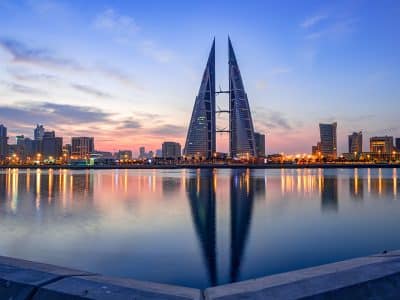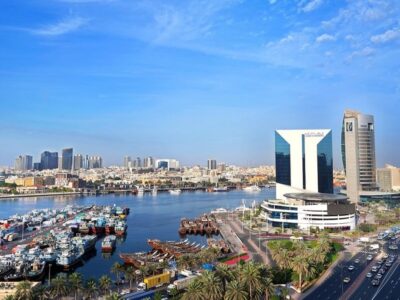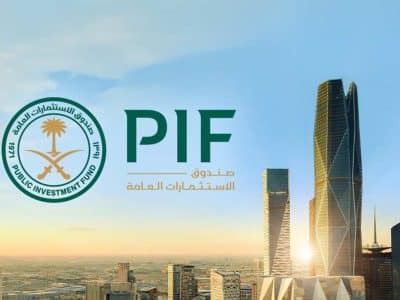In its February edition of Middle East Economy Watch, auditing and consulting firm PricewaterhouseCoopers (PwC) has highlighted the region’s robust non-oil sector as a driver of sustained growth, as well as the renewed emphasis on fiscal discipline, particularly in Saudi Arabia, where spending is being re-prioritised toward critical investments.
The above developments become even more significant as OPEC+ has extended production cuts into 2026, limiting oil supply growth amid weaker global demand.
The report also touched upon the introduction of corporate tax reforms in the region to align with OECD GloBE rules, underscoring their broader revenue diversification efforts, as well as business leaders’ confidence about the region’s economic outlook.
The report emphasised that the momentum in the non-oil industries continues to offset weakness in the oil sector, and called it the “main engine of regional economic growth”.
It said Abu Dhabi’s non-oil sector recorded a 6.6 per cent year-on-year growth in Q3 2024, led by financial services and transportation. Other GCC economies are projected to see steady non-oil GDP growth, ranging from 2.1 per cent in Qatar to 4.5 per cent in the UAE in 2025.
PwC expected Brent crude to average in the low $70s per barrel in 2025, down from around $80 in 2024. OPEC+ has slowed the tapering of voluntary production cuts, extending them into 2026. This move aims to stabilise oil prices amid weaker-than-expected demand, particularly from China. However, global uncertainties – including US energy policies – add to market volatility.
Richard Boxshall, Partner and Chief Economist, PwC Middle East, commented: “OPEC+ has been remarkably effective at coordinating oil production over the past decade, shaping both global energy markets and the Middle East’s economic trajectory.
“However, there remains uncertainty over how OPEC+ will respond to evolving factors, including the Trump presidency, geopolitical developments in the region, and shifting dynamics in the oil sector. These factors intensify the need and urgency for continued non-oil sector expansion and fiscal adaptability across GCC economies.”
On Saudi Arabia, the report said that the country remains committed to its Vision 2030 transformation, with over $5 trillion in active projects.
“The government aims to maximise the impact of public spending through a value-based approach, while maintaining strict fiscal discipline. Its primary focus is on investing in ambitious infrastructure, tourism, and renewable energy projects,” it added.
This commitment of Saudi Arabia is exemplified by major developments in Riyadh, such as the Riyadh Metro, New Murabba, and Diriyah Gate, as well as in other regions.
With more than 90 per cent of GCC CEOs surveyed expecting revenue growth in 2025 (as per PwC’s 28th Annual CEO Survey), Stephen Anderson, Partner, Middle East Strategy Leader, added: “Despite global uncertainties, the Middle East continues to demonstrate strong economic growth and resilience.
“Business leaders remain confident in the region’s economic prospects, with non-oil sector expansion, fiscal policy reforms, and strategic investments positioning GCC economies for sustained and diversified prosperity in 2025.”
The report added that the continued commitment of GCC governments to invest in the long-term prosperity of the region’s economies, supports a cautiously optimistic outlook for 2025.








